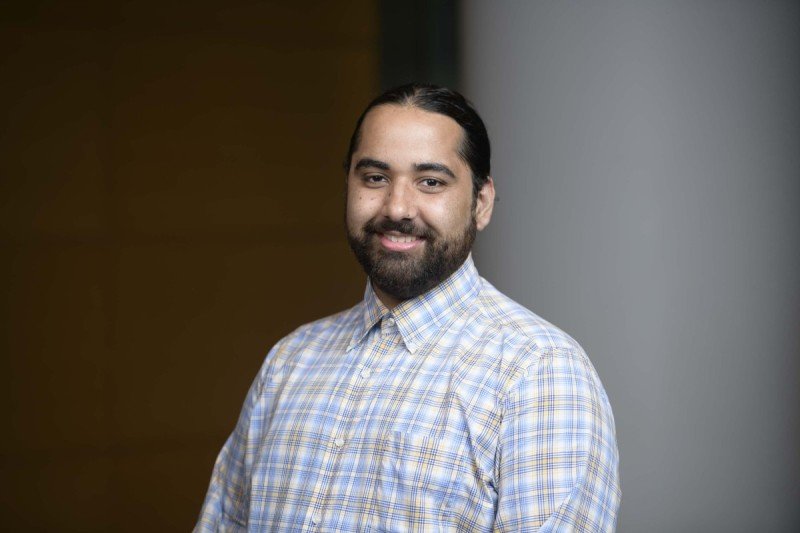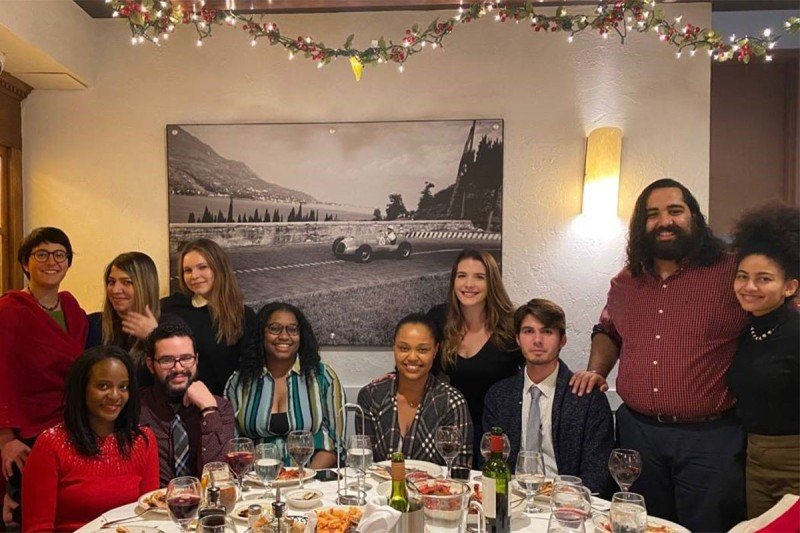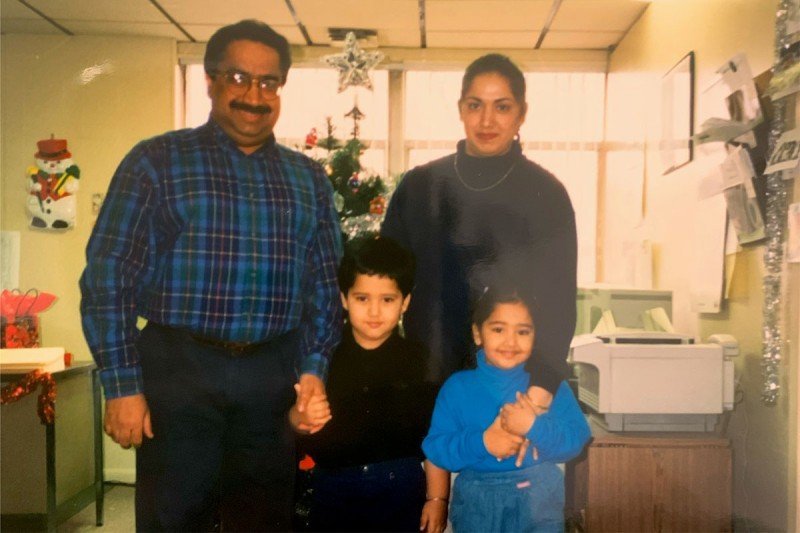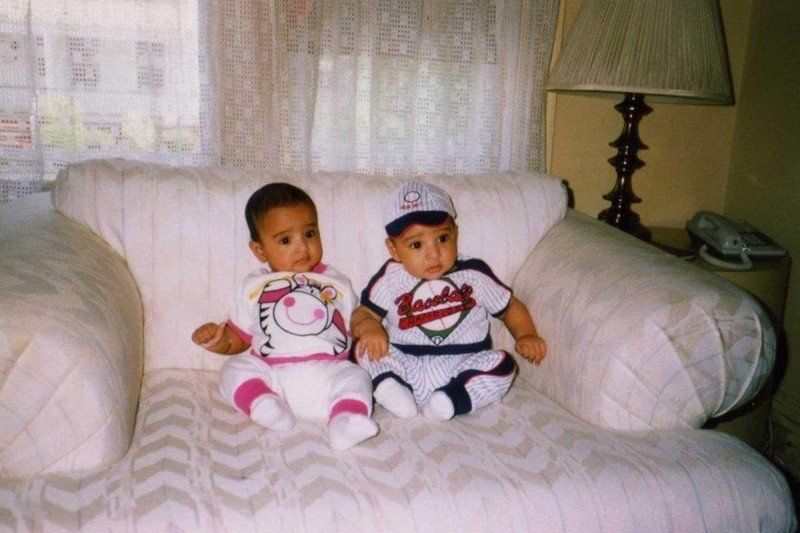
Most children face pressures growing up — including from their parents and peers. Vik Gill wrestled with circumstances “that may sound more familiar to any child of first-generation immigrants,” he says
“I was raised in a pretty culturally Indian household,” says Vik, an analyst for the Institutional Review Board (IRB) at Memorial Sloan Kettering Cancer Center (MSK) who was born in Long Island and raised in Queens, New York.
His parents, who are Sikh and hail from Punjab, India, spoke primarily Hindi and Punjabi at home, took Vik and his twin sister to gurdwara (a place of worship for Sikhs) monthly, and instilled in them a love for cultural touchstones like Bollywood movies.
“There was always a push-pull for me between retaining my parents’ culture and assimilating into American culture,” Vik says.
This tension extended to Vik’s education and career path. Vik says his family strongly encouraged him to excel in school and “become an accountant, lawyer, or doctor.”
Striking a ‘Cord’
After graduating from Baruch College with a Bachelor of Arts in biology, Vik worked for City University of New York (CUNY) Citizenship Now!, which offers free immigration services at community events around New York City.
On a whim, he applied for a job as an office coordinator in MSK’s Adult Bone Marrow Transplant (BMT) Service in 2014. He later accepted a role in the department as a clinical research coordinator.
Working at MSK and for the BMT program became personal quickly, as Vik learned how a patient’s ethnic background affects matching.
About 75% of people with cancer who need a stem cell transplant do not have a fully matched donor in their family. They depend on finding matched donors through volunteer registries like Be the Match. This can be particularly challenging for patients with southern European, Asian, African, Hispanic, Middle Eastern, or mixed ethnicities because they usually have more diverse tissue types. MSK can expand access to treatment for many patients with diverse backgrounds by using donated cord blood as a source of stem cells.
This resonated with Vik.
“I kept having these thoughts: ‘What if I got cancer and needed a transplant?’ ” recalls Vik. “I’m South Asian. I most likely would need cord blood. I was proud to know our doctors were developing novel ways to treat diverse patients — people like me.”
In September 2019, Vik moved to his current role in the IRB. He helps ensure that MSK research meets internal and federal guidelines.
Here, too, Vik has recognized MSK’s commitment to reducing cancer disparities. This includes a sharp focus on having diverse populations more equally represented in cancer clinical research.
“It reaffirmed that we’re doing amazing things at MSK,” Vik says.
What AANHPI Heritage Month Means to Vik
“Growing up, it was easy to feel almost invisible to the larger society,” Vik says. “My main connections to my culture were my parents or Indian media.”
Asian American, Native Hawaiian, and Pacific Islander (AANHPI) Heritage Month is an opportunity for Vik to honor his heritage and “uplift all Asians,” he says.
“Before recently, there wasn’t a huge effort to bring our communities into the mainstream,” Vik explains. “I’m happy MSK recognizes this month. I learn about individuals, including colleagues at MSK, who have made their own indelible mark on science or society.”
Vik is introspective about allyship, noting that he too is “working on how to do better and contribute to the conversation.” He recently joined MSK’s Black, Latino, Asian, and Multiracial (BLAM) Employee Resource Network, and is excited to connect with colleagues from across the organization.
“I want to continue helping to uplift,” he says.






